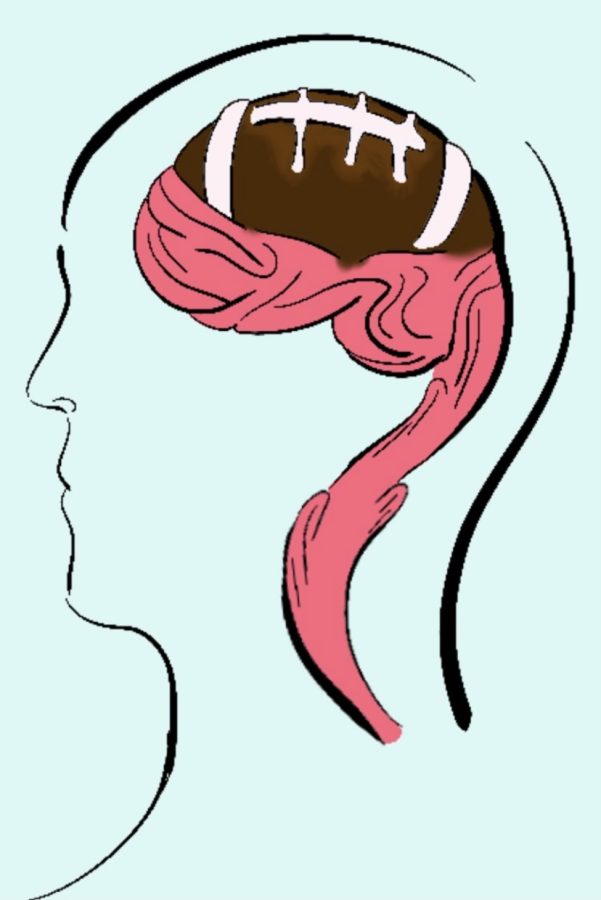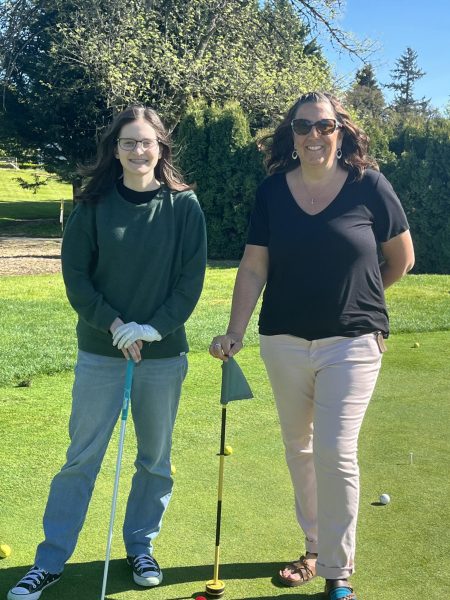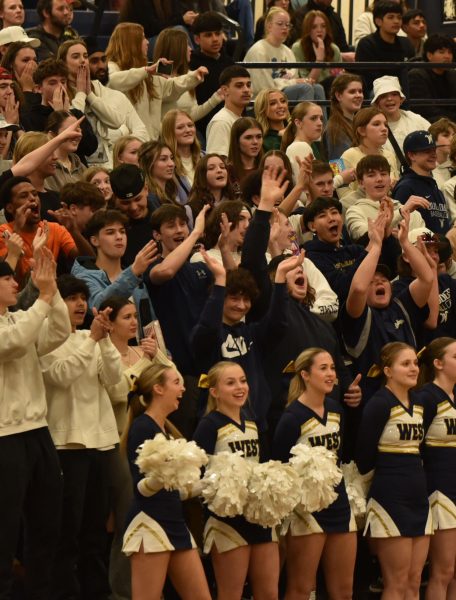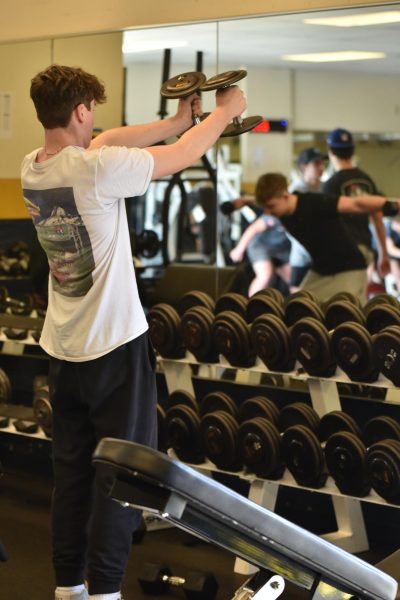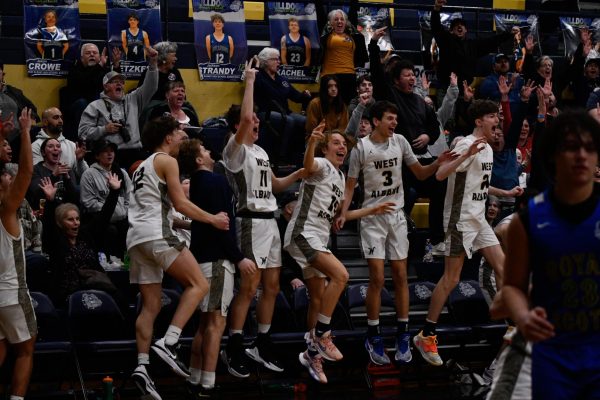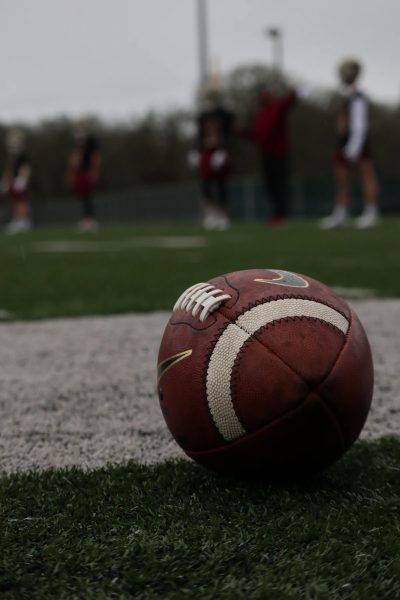An Athlete In The Making
Sports Psychology can often be a crucial part of an athlete’s performance. Studies by doctors of the Midwest Orthopedic Specialty Hospital in Franklin, Wisconsin show that an athlete’s mind plays a significant role in improving focus, building self-confidence, and setting and achieving goals. Sports physciologists are increasingly becoming more successful and active in schools and community centers improving athletic performance more than ever before.
Basketball and sports psychology teacher, Drew Halvorson, says, “[Oregon State] is hiring sports psychologists. Will Massey is the sports psychologist there and he works with every single [sports] program.”
One of the biggest foundations to athletic performance is mental training, utilizing every aspect of an athlete’s brain to reach their full ability.
“Mental Training is the training of your brain to help put your body in a place where you can perform at an optimal level. So your mind and your body are connected. If your brain says yes, I can do this, your body can do it. If your brain says no, I can’t do this. Your body is not going to do it”, says Halverson.
From a young age people are taught that negative mindsets and positive mindsets affect our performance on tests, school, work, and life in general. Mental Training is the exact same thing but specifically for sports, teaching your brain that if you can do it and achieve anything then you most likely will accomplish that goal, and vice-versa.
“What we’re doing is we’re creating a gateway where knowledge kind of flows easily from my brain to my body, and they’re in accordance with each other”, Halverson said.
Nerves in your brain are interconnected to the rest of your body, having the ability to send down signals to make the mind and body one with each other. “When I’m performing an action, whether it’s shooting a basketball, kicking a soccer ball, my brain tells me hey, this muscle needs to contract, this foot needs to go here… It becomes what we call muscle memory”, says Halverson.
Visualization is key to seeing who’s around you and where your goal is, as well as hearing calls and what the people around you are saying.
Perception plays a significant role in an athlete’s performance not just in the game but mostly in practice and warming up when storing the knowledge of what needs to be done when the real game starts.
Mental training isn’t just taught to keep an athlete’s mind focused in a game, but also to prepare you for everything before and after, “It’s not only my performance, but it’s how I get ready to play, what I do after the game to get better… Sports psychology trains pregame, during the game, and post game. It’s all facets of performance”, says Halverson. The warm-up for the body is similar to the warm-up for the mind, stretching your legs and arms is like stretching your mind and preparing yourself for focus and a positive attitude.
“What we do is we have a ping pong tournament after our unit, and during that ping pong tournament, other members of our class are going to be distracting you so you get a chance to learn about what kind of things can I do to not be distracted? Focusing on the urine now, breathing control, think visualizing things of that nature, and then you get a chance to practice them in a performance setting” Says halverson. Important units in the class include one on focus and one on distraction control, two very important factors in an athlete’s performance. Fun activities including ping pong and more are vital in practicing your perception of the things going on around you and to get your head into the game so to speak.
“I will say in high school the kids who take my class learn to do things like focus, eliminate distractions, they have pregame routines that they build that make their body ready to play as well. And I’ve heard them tell me this is anecdotal evidence. This is my own experience. There are things that come on in the class that can help them like the crowd cheering loud or somebody cheering their name and they’re not focused or somebody’s saying something about them in the crowd. And they did a great job of focusing or using the tools they learned from class on how to eliminate that distraction”, says Halverson. Sports Psychology has affected students positively, helping them perform at a higher level than what they would usually play at knowing the basic knowledge. Knowing how to block out distraction both visually and auditory has proven to help performance and is recommended to players seeking out colleges or higher level careers.
Your donation will support the student journalists of West Albany High School. Your contribution will allow us to purchase equipment and cover our annual website hosting costs.
I'm the sports editor.


